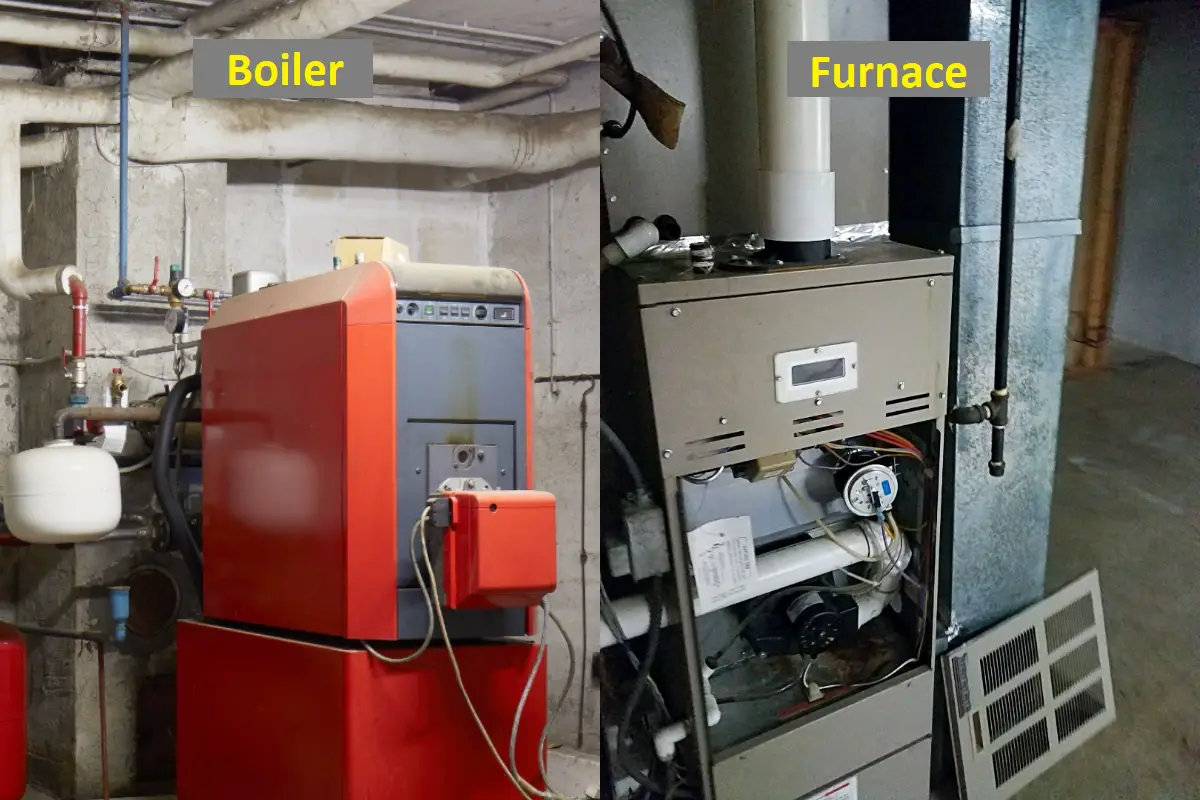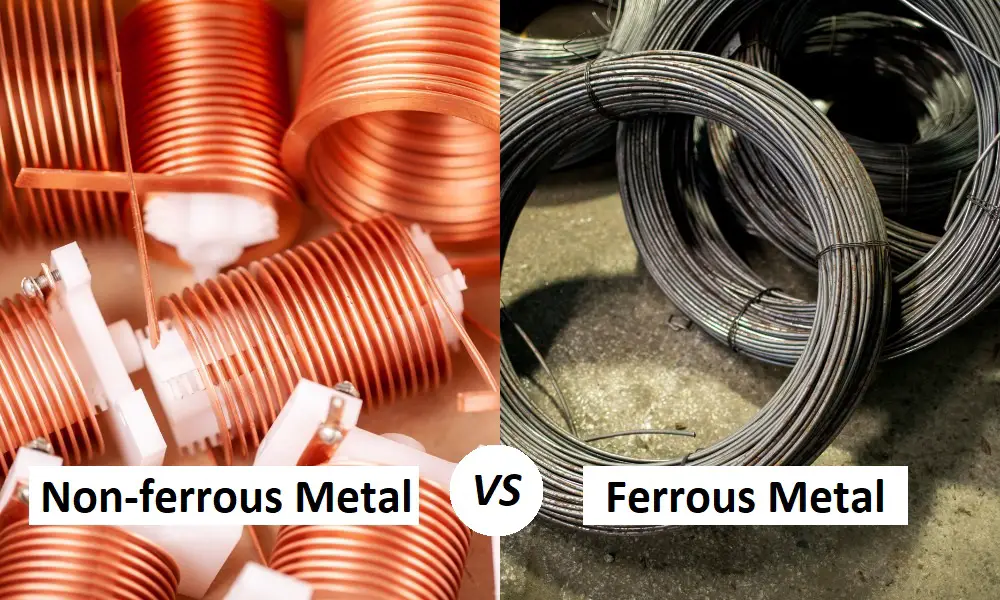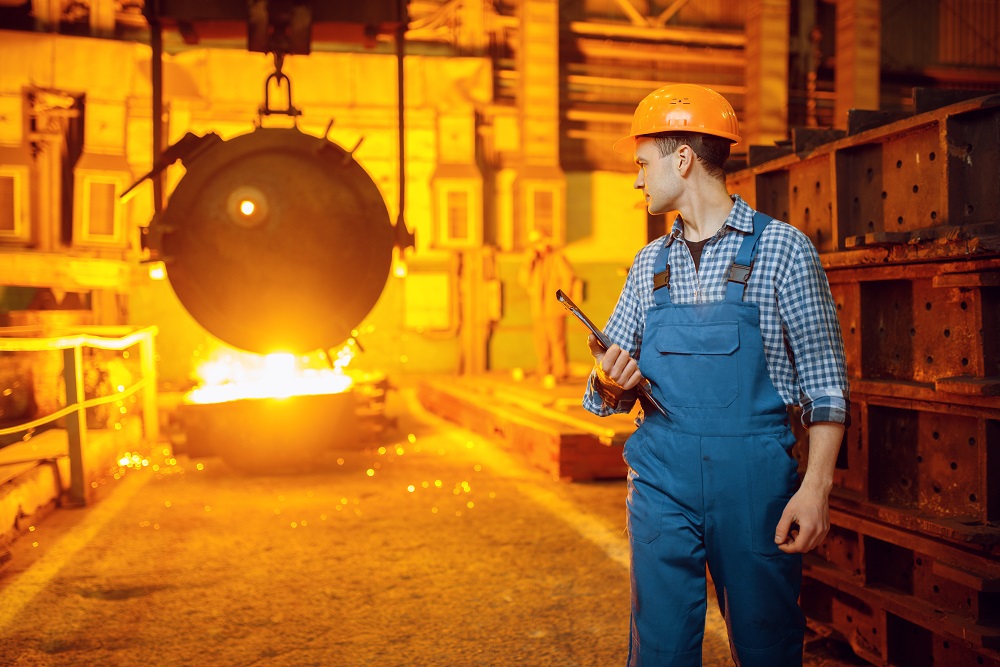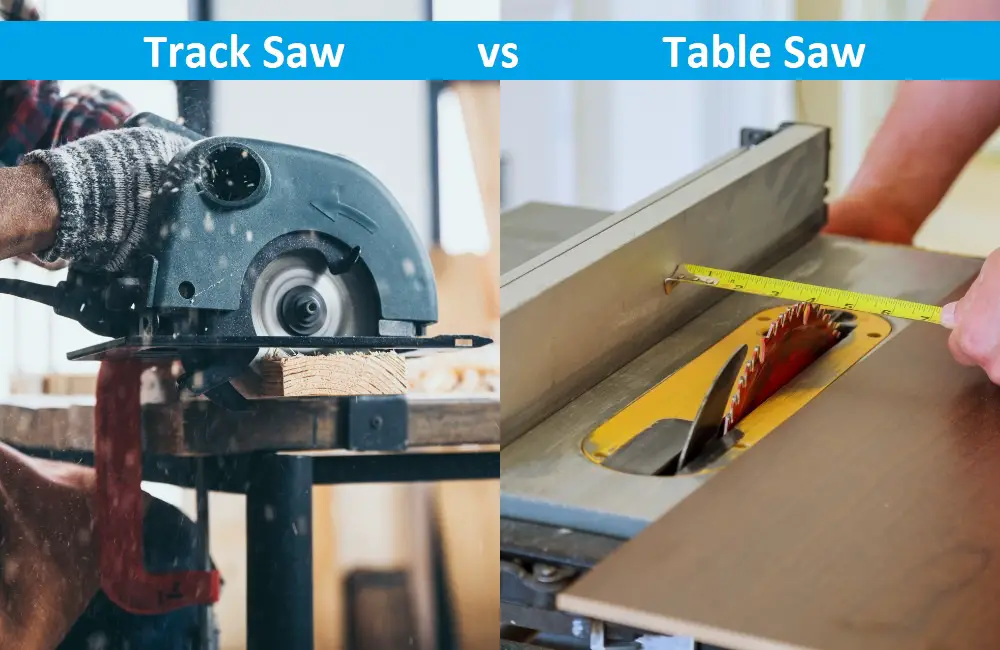Difference Between Boiler and Furnace
Winter is coming! The cold is unbearable. So why not get a boiler or a furnace to heat the room? They might seem to be the same thing, and they do serve a similar purpose, but there is a distinct difference between them.
Yes, a boiler and furnace are at first sight the same thing. They both utilize external energy to heat the air. To many, they are the same thing, with only a slight difference in their schematics. But the way they heat the room is entirely different.
To choose what will be perfect for your house, you need to understand the difference between boiler and furnace clearly.
If you reach a conclusion before this, then you might end up regretting your decision. The difference may seem pretty unclear, but we can guarantee that the difference between them will be as clear as a bright sunny day after reading what we have to say.
An Overview: Boiler vs. Furnace
Both boiler and furnace are mainly heating systems for your house. They heat your house in the cold of winter and keep it warm. Both of them serve the same purpose. But the way they complete their purpose is very different. This difference can influence your decision if you are thinking of getting one for your house.
The most significant difference is their schematics and the way they heat your house.
Firstly, the boiler utilizes the radiation property of air and uses water to heat the air with different radiators’ help. That is why a boiler has a larger footprint. In the case of a furnace, the footprint is smaller compared to that of a boiler. That is because the furnace heats the air directly instead of using steam as a medium.
Other than the apparent difference in boilers and furnaces’ schematics, a noticeable difference is a boiler uses water, and a furnace uses air to distribute heat throughout the house. As a house owner, this difference may seem to be enough. But there are quite a few factors which may change your point of view.
What Are Boilers?
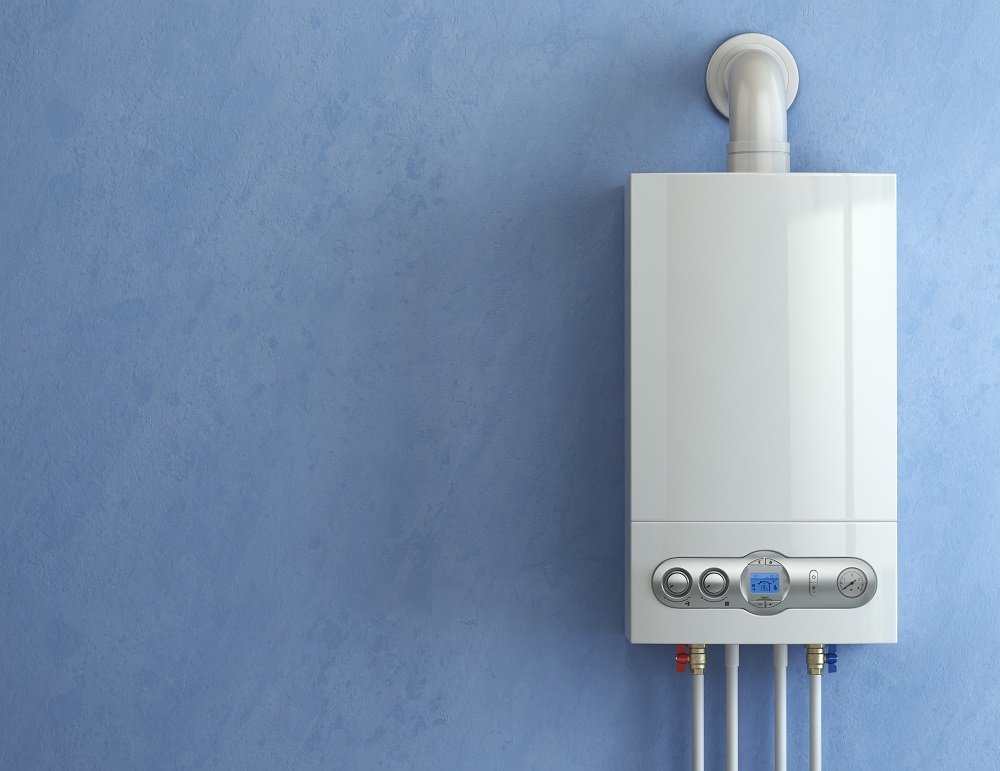
Boilers heat your house by using warm fluids. So, it essentially uses fluids to keep your house warm. The fluid is stored in fluid tanks.
In most cases, the fluid used by boilers is water. The water tank is heated by using oil, natural gas, propane, or wood. Then the heated water or steam is circulated throughout your house with the help of a special pump.
The pipes used for circulation are connected to the heat radiating flooring system, cast iron radiators, or baseboard radiators. Then the house is heated up gradually as there are no blowers. A traditional boiler unit does not require much maintenance other than the annual professional tune-up.
What Are Furnaces?
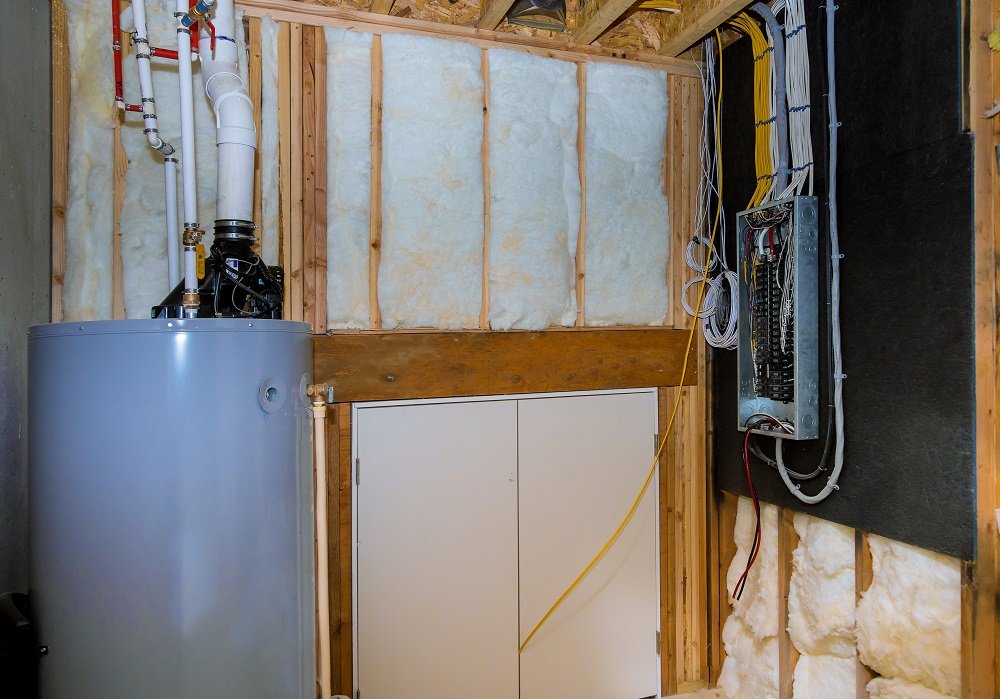
Burning natural gas, propane, or electricity- the furnace heats your house by heating the air. It uses ducts and ventilators to circulate the heated air. The heated air pushes through your house’s ductwork, which creates a high level of ambient temperatures. The air is dry, which might cause discomfort.
The cost to install a furnace is low. As air is used to heat the house, the possibility of freezing during a winter power outage is very low. The ventilators are equipped with filters; thus, the air is clean and warm. Now the footprint or the space required to install a furnace- is also small.
You can also read the difference between an air purifier and a dehumidifier.
So, Which One Is Better?
As the obvious difference between boiler and furnace has been cleared, a new problem arises. The problem is the question, which is better? Yes, a boiler uses fluid to heat the house, whereas a furnace uses air. But which heating systems are better suited for you?
For that reason, why not take a look at the pros and cons both of them present!
Boiler Advantages
Here are a few advantages of a boiler heating system.
- Heats Gradually
A boiler uses heat radiating flooring systems, cast iron radiators, or baseboard radiators to heat the house. Due to this, the heating is gradual and feels comfortable.
- Silent Heater
A boiler uses pipes to transfer the heated water or steam. So, there are no ducts. This results in the house heating without much noise.
- Reuse and Recycle
The boiler can reuse the water or steam that is circulated throughout the house. Due to this, if the water is even slightly warmer, it requires less fuel to reheat. This results in much more efficient use of energy and helps in reducing the cost of fuel.
- Maintenance
Maintaining a boiler is very easy. The only proper maintenance requirement is an annual tune-up by a professional.
Boiler Disadvantages
Here are a few disadvantages of a boiler heating system;
- Set up Cost
The boiler requires the water to be circulated using pipes. Moreover, the pipes need to supply hot water and steam to heat radiant flooring systems, cast iron radiators, or baseboard radiators. Due to this, the setup cost for a boiler may seem excessive.
- Hazardous
As heated water is used, any form of leakage is dangerous. Even the tiniest leak can cause extensive damage to the house.
Furnace Advantages
Let’s get to know the advantages of a furnace heating system.
- Easy to Setup
The time required to set up a furnace heating system in a house is pretty short. Truth be told, the only things required are air ducts and the furnace.
- Costs Less
As there are no requirements to set up any radiators, the total setup cost is meager. Compared to a boiler heating system, the number of components is less and more comfortable setting up. The whole thing also costs less.
- No Risk of Freezing
A furnace heating system has no liquid fluid in play. Due to this, the fear of freezing in winter due to a power outage is nonexistent.
Furnace Disadvantages
Here, we’ll detail the disadvantages of a furnace heating system.
- Local Heat Zones
The air ducts release the heated air. Due to this, the house might have abrupt heated zones. This is uncomfortable and creates a drafty environment.
- Air Allergies
Here, the air is transported via air ducts. These air ducts are prime spots for dust accumulation. That is why filters are to be used for cleaner air. If these filters fail, the air becomes a nightmare for those with allergies.
- Leakage Risk
Even though furnace heating systems are void of liquid, leakage is still a problem. The hot air valves are prone to leakage and explosion if excessive pressure builds up.
- Maintenance
Maintaining a furnace is not that easy. A furnace heating system requires an annual tune-up by a professional. Other than that, the air filters on the air ducts are to be cleaned at least weekly, if not daily.
Recommended for You:
- Difference Between Mobile Home Water Heater and Regular Water Heater
- Immersion Blender Vs. Food Processor: What Are The Differences?
- What Are The Differences Between Deskjet and Inkjet Printers?
Difference Between Boiler and Furnace: A Table
The points presented so far are all important, but one can easily mix them up. Here is a table to help you understand the difference between boiler and furnace and their pros and cons.
| Parameter |
Boiler |
Furnace |
|
Medium |
Heated liquid |
Heated air |
|
Heating mechanism |
Heats the water and, in turn, heats the air |
Heats the air directly |
|
Distribution |
Distributes hot water via pipes |
Distributes hot air via air ducts |
|
Fuel |
Natural gas, propane, wood, electricity, or oil |
Natural gas, propane, oil, or electricity |
|
Space requirement |
Require a bit of space |
Space requirement is low |
|
Setup cost |
Costs about $3000 to $5000 |
Cost around $2000 to $4000 |
|
Frequency of maintenance |
Requires an annual tune-up |
Requires weekly check-up along with an annual tune-up |
|
Maintenance cost |
Low at about $186 |
High at around $280 |
Final Words
We hope we have been able to clarify the difference between boiler and furnace properly. From the discussion, it is clear that there are many differences between these two heating systems.
The one you want for your house is totally up to you. If you are looking for a heater to heat the house gradually, then go for boilers. And if you don’t mind a drafty environment, then furnaces are the best choice. The one which you chose is entirely your decision, so chose wisely.
